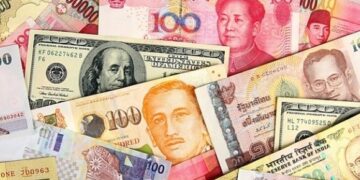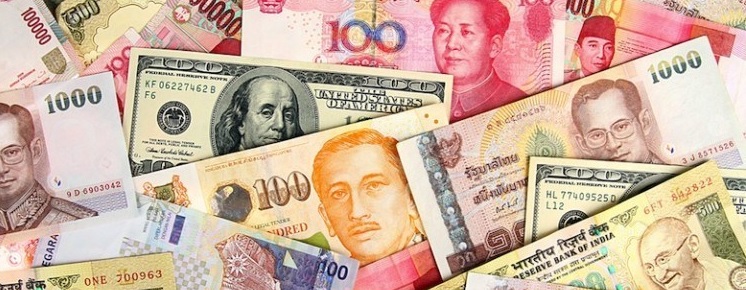As the world weaves its way to emerge out of the setback incurred during the two-year-long running COVID-19 pandemic, recent data by an economic think tank has suggested that the global economy will top $100 trillion for the first time in 2022.
According to a World Economic League Table (WELT) 2022 report published by British leading economics consultancy Cebr, World GDP is set to reach the massive amount in 2022 rather than 2024, which they forecast last year.
The report also noted that despite China’s steady recovery from setbacks imposed by the Covid-19 pandemic, the Asian giant might take a little longer time than previously expected time to exceed the United States as the world’s number one position.
In other words, China would become the world’s top economy in terms of the dollar in the next 9 years – specifically 2030 – which is at least two years later than the prediction made in the previous year’s WELT Report.
The report went on to note that India looks set to overtake France next year and then Britain in 2023 to regain its place as the world’s sixth-biggest economy, Cebr said.
It also showed Germany was on track to overtake Japan in terms of economic output in 2033. Russia could become a Top 10 economy by 2036 and Indonesia looks on track for ninth place in 2034.
“The important issue for the 2020s is how the world economies cope with inflation, which has now reached 6.8% in the U.S.,” said Cebr deputy chairman Douglas McWilliams.
“We hope that a relatively modest adjustment to the tiller will bring the non-transitory elements under control. If not, then the world will need to brace itself for a recession in 2023 or 2024.”
That 6.8% figure represented the highest inflation rate in almost 40 years.
“These are frighteningly high inflation numbers, the likes of which we haven’t seen for decades,” Decision Economics Chief Global Economist and Strategist Allen Sinai told The Wall Street Journal (WSJ) earlier this month.
At the moment, inflation is being fielded by a strong economy, which is considered a positive.
“We have tremendous spending by consumers,” Sinai told WSJ. “A lot of people are getting hired. Demand is huge. Monetary policy remains very easy, and fiscal stimulus has no precedent in history.”
Inflation has helped contribute to a rise in pessimism about the economy. Forty percent of people said they had a gloomy view of the economy this fall, up from 32% in the spring.




































